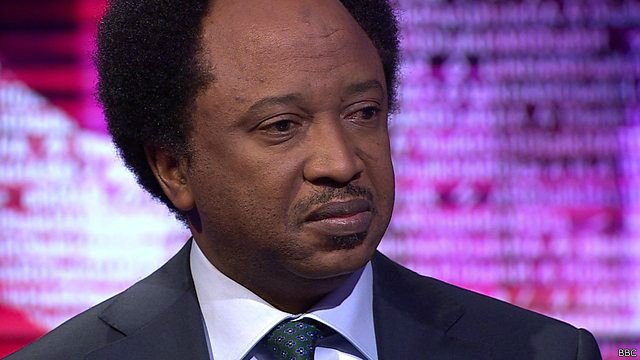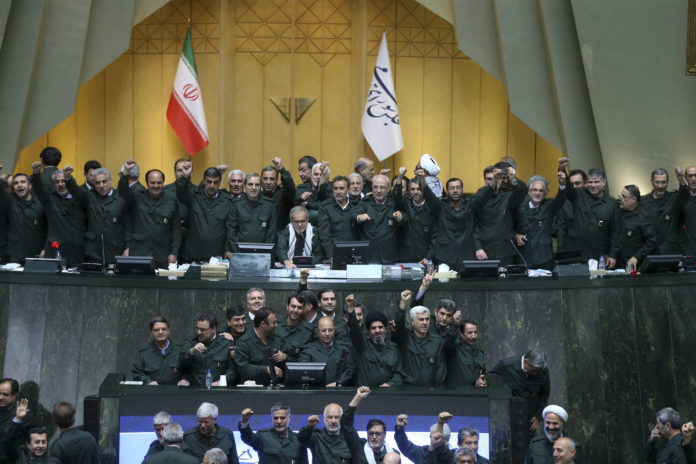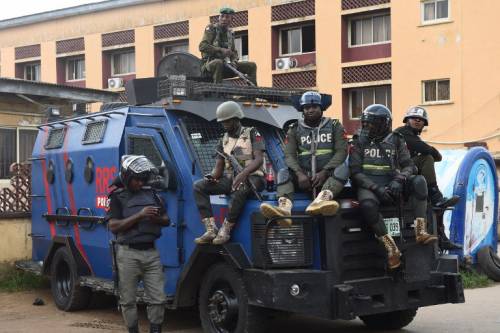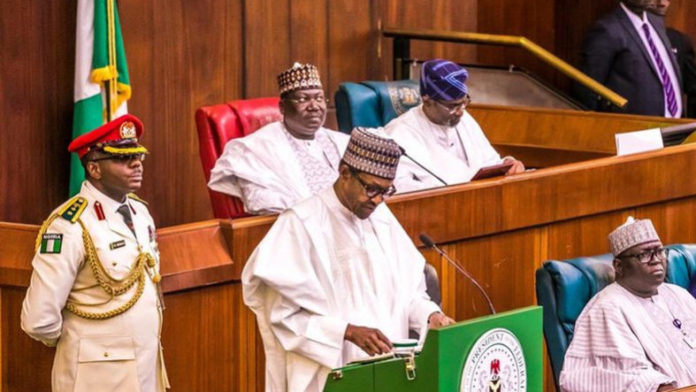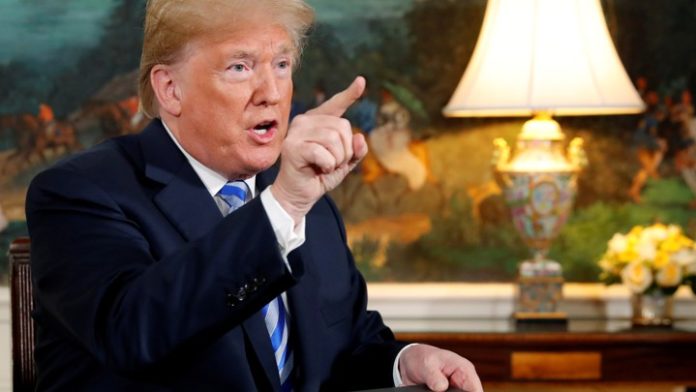It is happening! For those that are still waiting for 2030 to start seeing accelerated impacts of climate change, they have the movie now, early release. Nigeria has swapped its climate with Europe, it seems. While Norway just recorded its hottest January at 19 degrees Celsius, we are swathed by a very cold new year, going as low as 7 degrees in a place like Jos, Plateau State.
Australia is groaning under the heavy thrashing of what used to be a historically seasonal bushfire. This time around, the fire is something else. It has eaten up more than 5 million hectares of land, with thousands of living quarters, and dozens of human lives obliterated, as it makes its ferocious sortie across the Southern part of the country.
The fire is as high as 200 feet, with heat so intense that all flora and fauna are turned to ashes in its wake. Half a billion animals are already dead, with the country’s famous koala on the verge of a fire-induced extinction. The smoke from the moving inferno has almost totally blotted out the sky even in safe zones like the big city and the capital, Sidney and Canberra. The whole scene is so apocalyptic that concerned global citizens have opened a relief fund-raiser for the country’s most impacted.
On the face of it, there is nothing to compare between the ecological disaster in Australia and the cold wave we are presently witnessing in some parts of Nigeria. The Australian bushfire is way too disastrous even when weighed against the world’s worst forest fires. To fully grasp the damage, we could compare it with the Amazon forest fire and the California fire of 2019. Amazon burnt about 900,000 hectares of forest land; while California had about 1.8 million hectares scorched. The Australian fire has blazed over more five million hectares, and still burning.
Nevertheless, when viewed from a long-term perspective, the Nigerian cold is more lethal than the Australian fire. To start with, what we are witnessing in Nigeria today is quite strange, unlike in Australia where the country is used to the annual bushfires. They have been experiencing it right from medieval times, thousands of years ago, which is why some indigenous Australians are still blaming their government for not working with them to use the methods their ancestors adopted to survive the perennial blaze. To be sure, the ecosystem of the country has so evolved with bushfires to the extent that some plant species need the fire incidents to survive; while others have developed natural fire survival characteristics like epicormic shoots.
Moreover, Australia is a developed country with the ultra-modern infrastructure to fight fire, and the resources to help its citizens relocate to safer grounds and adapt to ecological tragedies. In addition, the citizens on their own can boast of requisite capacity to understand issues relating to weather and climate. They also enjoy unmitigated access to information, and are equipped with the ability to interpret early warning signals.
But in Nigeria, we are still struggling to take care of bare necessities. And because we are not used to it by any standard, the cold caught us unprepared. We are used to our hot climate, and have over the years snugly adapted to it. The clothes we put on, the houses we live in, the roads we move on, indeed everything about us, is about surviving in a hot climate. Our politics, religion, and recreation are all planned around living the outdoor life under a hot sky. Religious prayers (Islamic) are done in the open mosques; evangelistic crusades (Christian) are conducted round the year with the only consideration being the rains. The average Almajiri in the North is dressed scantily, barefooted and with no care in the world about the elements.
But this very season saw us scampering for blankets, for heaters, and for trench coats. It came without warning. The Almajiri children cut a pathetic picture of the climate impact, as they are seen trying to cover themselves with every scrap of clothing they can find. The social media was flooded with pictures of street children curled in the foetal position, trying to keep warm in Kano, Katsina, Abuja and Maiduguri. Some Nigerians are already raising funds and gathering used clothes to send over to these children.
Our situation is worse than Australia because we are a country without a database. Unlike Australia which has a real-time head count of its citizens, and even animals, we cannot know how many Nigerians are harmed by this cold wave. Who will carry out a survey to know the animal and plant species that are destroyed? When Nigerians are dying daily in the hands of Boko Haram and herdsmen, who will now want to differentiate between the ones that cold killed and those that bullets mowed down?
It is this sense of “who-cares?” that makes our own ecological situation more dangerous than Australia’s. Sadly, the set-up will make it difficult to structure a nationwide adaptation strategy for climate change. Where there is no information, people grab at straws, and repeat mistakes of the past.
Secondly, Nigeria is also going to suffer from the immediate and long term effects of the source of energy many of her citizens have turned to. This week, there is a media report that two friends died in Jos from inhaling charcoal fumes which they kindled to fight the cold. There are also other similar cases. The situation is that because we are not used to the extreme cold weather, many families do not have home-heating equipment.
From my personal study, the cheapest form of heating many poor households have embraced is charcoal. Gas and kerosene are expensive and cannot be left to burn throughout the night. So, many have resorted to lighting charcoal stove, and letting the hot embers glow throughout the night, thereby giving the home the needed warmth. This trend is a ticking time bomb. Many do not know that in a house without proper ventilation, it is equivalent to suicide. The carbon monoxide from charcoal combustion is as deadly as the exhaust fume from an I-pass-my-neighbour generator (a certified killer when left inside a house).
With seven in 10 Nigerian households using wood in traditional three stone or metal tripod stoves, our country has the largest number of households without access to clean cooking in Africa. When this cooking system is converted to compulsory heating method, the result will be a wholesale slow-murder. According to the WHO, smoke from the kitchen results to about 93,000 deaths in Nigeria annually. After malaria and HIV/AIDS, this is the third highest killer of mostly women and children in Nigeria. With the cold weather, smoke will no longer be restricted to the kitchen, thereby doubling the risk.
Therefore, instead of shedding vicarious tears for the people of Australia, we should start weeping for ourselves. Even so, let this year’s peculiar harmattan wake us from our slumber. Climate change is real, and it is right here with us. Failure to adapt will prove disastrous in the near future. Our engineers should start thinking of climate-friendly designs, for our houses, our roads and our bridges. Let our government start thinking deep, not only on how to adapt to climate change, but also how to join the international community to mitigate it. Our educators should tweak our school curriculum: we and our children need to know that, environmentally speaking, tomorrow is unpredictable.
By Greg Odogwu



